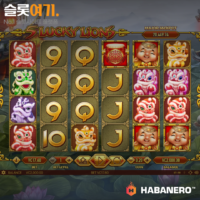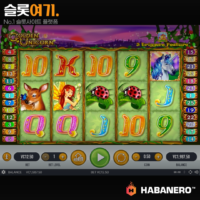Why do casinos draw people in? Is it just the money, or is there something deeper?
“The first chapter of The Mathematics of Games and Gambling answers this question head-on. It’s full of fascinating backstory about the history of gambling and human psychology, looking at the behavior through a mathematical lens.
Gambling, a Primitive Survival Instinct
The author sees the origins of gambling as a challenge to survive. Cavemen were playing a game with nature every moment of every day, and the stakes were life. The tension, thrill, and addictive nature of gambling that we feel today may be a vestige of this survival instinct. And when civilization stabilized, humans invented the game of gambling to recreate that dramatic experience.
Was there a skeleton before the die?
Gambling has a longer history than you might think. As early as 3600 BC, animal heel bones were used as dice in the Middle East. No matter which way you threw them, they would fall in one of four directions, creating a sense of chance, much like today’s dice.
Later, a variety of randomization devices appeared, including standard dice, game boards, playing pieces, cards, and more, and gambling evolved into increasingly sophisticated games.
Table 1 in the book organizes the origins and regions of gambling games as we know them, including roulette, poker, backgammon, bridge, and more.
Gambling begat math
In the 17th century, Pascal and Fermat exchanged letters over a friend’s gambling problem. That conversation was the beginning of probability theory. Even before that, a man named Cardano wrote a book called The Book on Games of Chance, connecting gambling and math. Cardano was a brilliant academic, but in real life, his gambling addiction cost him his family and his reputation.
But what’s interesting is that gambling became more than just a pastime, it led to the development of the discipline of math.
Why are people drawn to gambling?
The book divides people who gamble into three types.
- Casual gamblers: people who control their emotions and money, and play for leisure.
- Compulsive gamblers: the addictive type who cries out for ‘just one more time’
- Professional gambler: someone who has the math and strategy, but ultimately recognizes the difficulty of beating the house edge.
Compulsive gambling, in particular, is explained by a psychological construct called the “variable reward schedule,” which is key to understanding why slot machines and roulette are addictive.
Gamblers in literature: Cardano and Dostoevsky
The highlights of Chapter 1 are the stories of real people.
First, Cardano. He was a mathematician and doctor, but gambling ruined his life. His Notes on Probability was a great work of mathematics, but he couldn’t escape the temptation to gamble.
And Dostoevsky. “The Gambler is based on his real-life experience with roulette addiction. The protagonist, Alexis, is addicted “not to money, but to the spinning wheel itself,” bouncing between prison and servitude. Through these two characters, the book sheds light not only on the mathematical structure of gambling, but also on the emotional impact it has on people.
Questions from Chapter 1
– Why won’t gambling go away?
– Why do we keep doing it when we know the odds of winning are low?
– Can we use math to understand and control this temptation?
Rather than directly answering these questions, Chapter 1 provides deep insights from thousands of years of history and countless examples of human clusters.
FAQ: Questions about the origins and psychology of gambling
To be precise, reactions to uncertainty are almost instinctive. Gambling has a structure that stimulates that instinct.
As seen in the cases of Cardano and Dostoevsky, addictive gambling has existed for a long time.
That’s correct. The Pascal-Fermat correspondence was the origin of probability theory.
To some extent, you can learn how to lose less. But most games are designed to favor the house.
Next Post Announcements
In Chapter 2, we get down to the math. We’ll cover roulette, dice, cards, expectation, probability… how math is applied in real-world games. If you’re curious about how math works in casinos, be sure to read the next installment!





